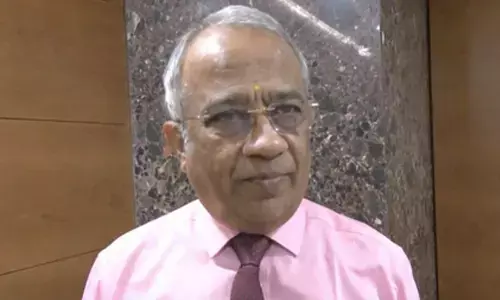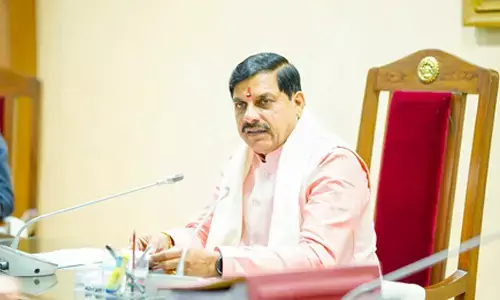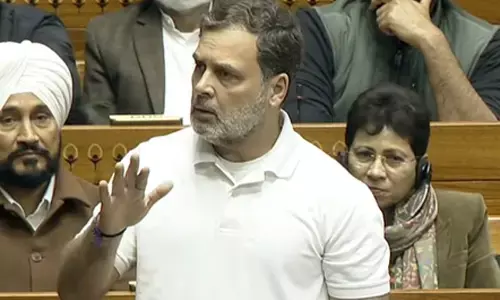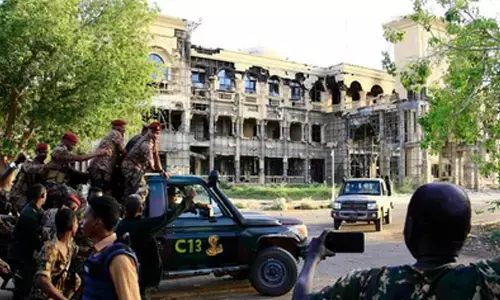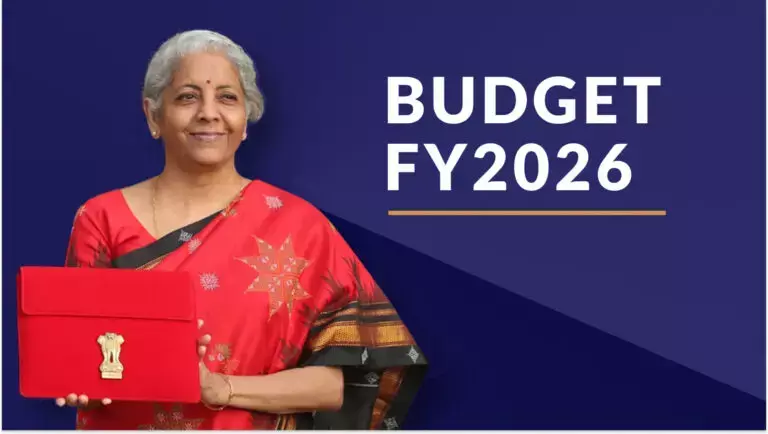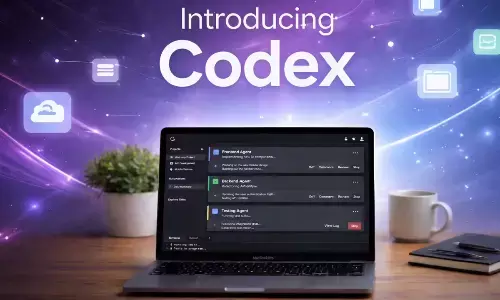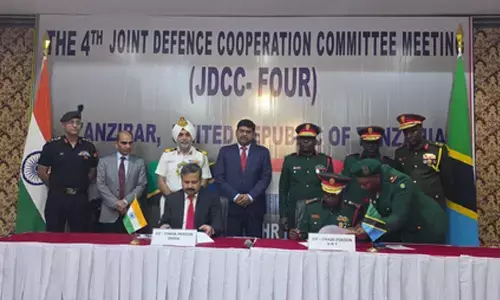Why did ECI invoke Article 324?
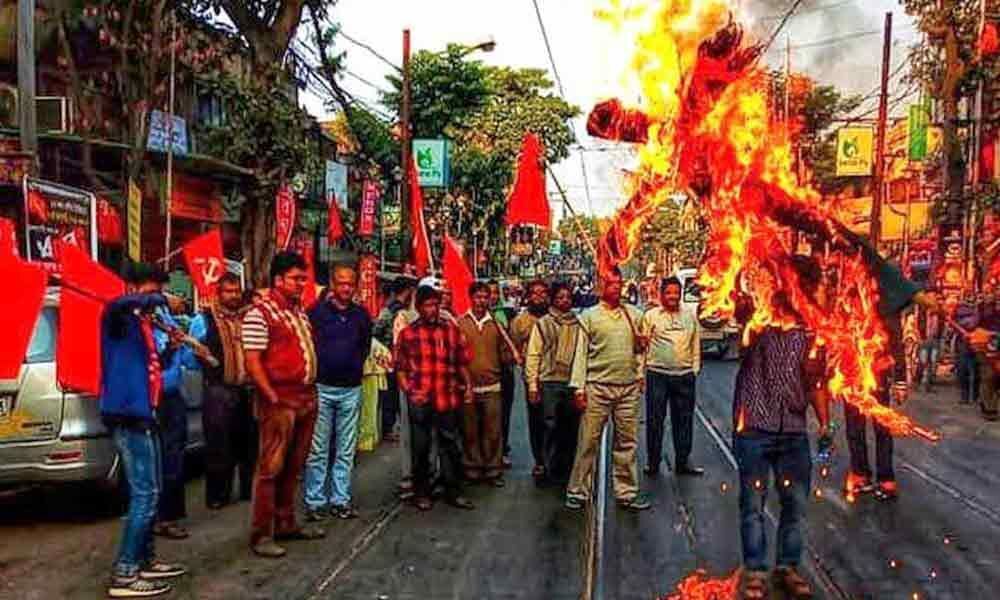
Article 324 in the Indian Constitution has empowered the Election Commission to superintendence, direction and control of the preparation of the electoral rolls for, and conduct elections
Article 324 in the Indian Constitution has empowered the Election Commission to superintendence, direction and control of the preparation of the electoral rolls for, and conduct elections to all Parliament and to the Legislature of every state and of elections to the offices of the President and Vice President held under the Constitution.
Article 324 of the Constitution vests the "superintendence, direction and control of elections" in an Election Commission consisting "of the Chief Election Commissioner and such number of other Election Commissioners, if any, as the President may from time to time fix and the appointment of the Chief Election Commissioner and other Election Commissioners shall, subject to the provisions of any law made in that behalf by Parliament, be made by the President.
From above it demystifies that ECI has vested with the powers of preparing of electoral rolls and conduct of elections and can act independently to maintain the law and order during the election process and no fraudulent powers are able to deflect the process directly or indirectly.
ECI has the right to debar candidates, cancel their nomination or take reprimanding action if they are found violating the rules and regulations or indulging in violence and corrupt means.
The Chief Election Commissioners or CEOs, as appointed by the President, have the power to superintend, direct and control the election proceedings directly, in their own right.
This is the first time ECI has invoked Article 324 to cut short campaigning before the final phase of parliamentary polls in certain constituencies by one day in West Bengal.
The invoking of Article 324 has promoted ECI in certain constituencies of West Bengal in the light of violent clashes between the BJP and the Trinamool Congress during Amit Shah's road show, which resulted in large-scale vandalism.
A bust of 19th-century social reformer Ishwar Chandra Vidyasagar installed at the Vidyasagar College in Kolkata was also smashed by miscreants, fuelling an ugly spat between the two rival parties
Through EC order, the agency ruled that no person will be allowed to (a) convene, hold, attend, join or address any public meeting or procession in connection with an election, (b) display to the public any election matter by means of cinematograph, television or similar apparatus, or (c) propagate any election matter to the public by holding, or by arranging the holding of, any musical concert or any other entertainment with a view to attract members of the public.
The constitution has provisions that allowed the commission to exercise its functions under Article 324 in conformity with the provisions of Sections 9 to 11 of ECI.
It means all the decisions and actions taken by the commission are in sync with own rulebook and is entitled to take its decision based on its conscience and wisdom, being conferred with the responsibility of being the conscience keeper of the nation for the purpose of ensuring a democratic rule in the country.
On March 10, the Commission announced the schedule of elections to be completed in seven phases starting from April 11 to May 19 and from the day on wards the model code of conduct is in force in India and the commission exercising the powers under this provision.
The code, which kicks in the day elections are called, not only governs the conduct of political parties and candidates, but also the government machinery.
It means the conduct code is similar to any other set of rules such as the Indian Penal Code. The mere presence of the IPC does not mean there is no crime or violations.
A robust sanctioning system ensures its compliance. The mere occurrence of crime does not vitiate the sanctity of the criminal justice system and the IPC.
Similarly, conduct code violations do not mean the EC has lost its fangs, as long as it keeps sanctions in place.
However, the situation in West Bengal violence and vandalism, which was neither new nor alarming and critical neither, is covered by existing laws, nor there was no need to invoke the residuary power granted to the ECI by Article 324.
The ECI took action against officers for failing in their duties but nothing more was required, except the ordering of a probe. It does seem that the ECI did not take adequate precautions in West Bengal in spite of violence in the first six phases.
Usually, the Election Commission is aware of the ramifications of its actions, so it usually takes a lenient view when it censures candidates or parties but it doesn't mean it has lost its fangs.
Of course, the code is more of a moral document than a legal one. Its enforceability is based on the moral appeal to the parties, something which is expected of a mature democracy.
Whether India is a mature democracy or not cannot be objectively answered today. Till then, the poll panel is doing a fine job of conducting elections in India.
Gudipati Rajendera Kumar, Hyderabad








